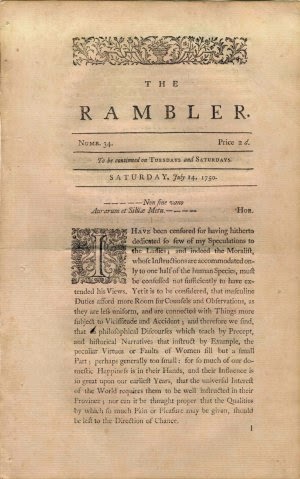Distance Video in Class, Part II

A month ago I practiced using video for guest engagement discussions between other scholars and my student-colleagues. With the practice under my belt, I asked Professor Vershawn Ashanti Young, author of Your Average Nigga (2007), currently at University of Waterloo, Ontario. I had reached out to him over the summer and asked him to work with my class, coming next week. In exchange, he asked if I would explain my ethnographic studies to his own class, titled "Love, Language, and Leadership." Specifically, he asked me to address themes from Pelias's book of personal relationships, especially his autoethnography of his family. Thinking that his students would appreciate learning from my student-colleagues more than me, hearing voices from racial and class backgrounds unfamiliar to most Waterloo students, I arranged for a Latina student working on a family project and an African-American student working on a black barbershop project to speak briefly about their work and...



